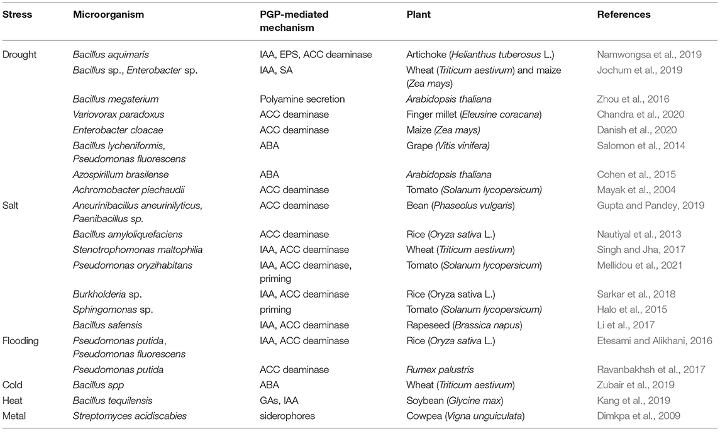If the last few decades have taught us anything about our weather and climate it is that it is becoming unpredictable. In fact, some scientists are starting to refer to these phenomena as “Global Weirdness“ or “Climate Weirdness.” Unlikely and historic weather events seem to be the norm. As strange and difficult as this is for us humans, plants have a lot of hardship in the ever-changing face of weather.
Humans have the ability to move to a new area, or turn up the A/C, or grab a drink of water however, plants do not have this luxury. They are literally rooted (sorry for the pun) to the spot. This means that plants must have an incredible ability to adapt to their environment, which they do, but the “weirdness” makes this much harder.
Plants have an innate ability to adapt to the world around them built into their genes and they are constantly up and down regulating different genes to help them survive. Unfortunately, for farmers simply surviving isn’t enough. They need their crops to perform at a very high level in order to produce the yield and quality they are accustomed to. the greatest quality and yield that they possibly can. This is one of the areas where plant growth promoting rhizobacteria (PGPR) shine.
“Some plant-associated bacteria, called Plant Growth Promoting Rhizobacteria (PGPR), may confer growth-promoting advantages to the plant host, through enhancing nutrient uptake, altering hormone homeostasis, and/or improving tolerance to abiotic stress factors and phytopathogens (Mellidou, 2022).” Abiotic stress factors are non-living stresses that impact the plant. Things like heat, cold, salt, water, etc. are all examples of abiotic stress factors.
When plants face stressful situations like drought, flooding, high salinity, etc. the beneficial organisms that make up their secondary genome can help assuage them. The chart below gives some examples of research looking into types of stress, the PGPR involved, and how it helps the plant survive and thrive under these conditions.
We owe a lot to these microscopic marvels, so it is our job to help make sure they succeed, so that our plants succeed.
Join us for our next webinar on May 4th to learn more!
https://doi.org/10.3389/fsufs.2022.832896

